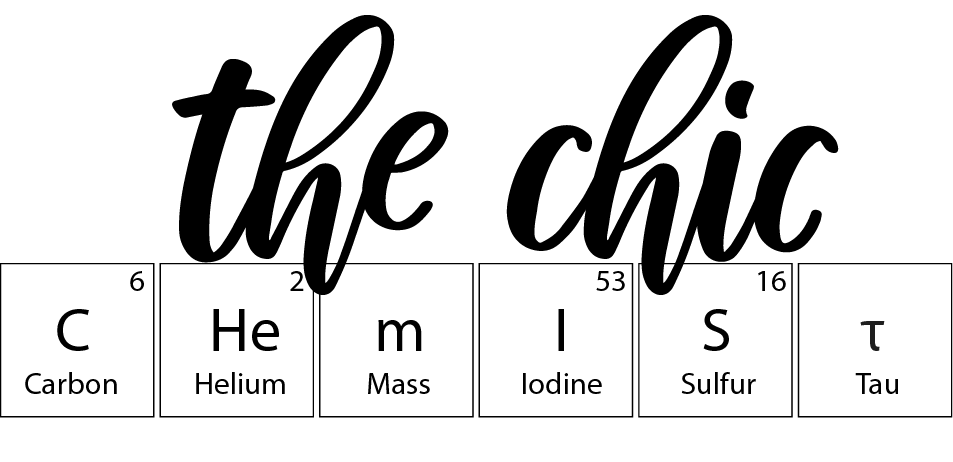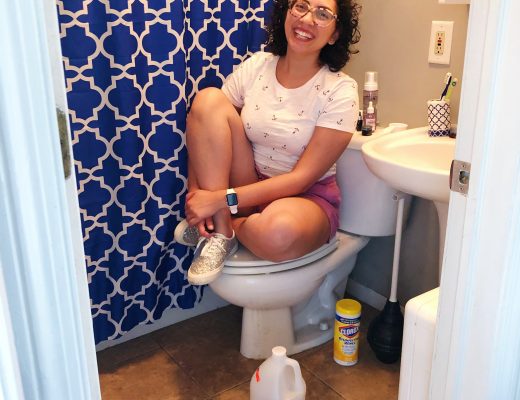مرحبا (Marahabaan) means Hello in Arabic!
For most of my life, Arabic was spoken either to me or around me. When I was little I spoke it fluently too. Now since I don’t use the language as often I’ve lost touch and I want to work on regaining that knowledge. My younger brother is studying the language in college so he gave me his workbooks so I can teach myself!!
I’ve heard so many wonderful things about how learning a new language develops your brain and helps to build deeper neuron connections. It helps to improve thinking skills and memory abilities. I was more interested in what exactly happens to our brain when we decide to learn a new language at any age!
Our language center is primarily located in the left hemisphere of our brains. In this region, there are certain areas that control certain aspects of language like production, comprehension, and processing the signals from incoming speech. Speech production occurs in Broca’s area which resides on the outer middle portion of the left hemisphere. Wernicke’s area controls speech comprehension which resides on the outer layer of the left hemisphere above our ear which aesthetically makes sense since we use our ears to hear. The primary auditory complex processes the incoming speech signals and is located in the center of our brain between both hemispheres.
For bilingual individuals, there can sometimes be an overlap and interaction with each other that occurs in the brain. So extra effort is needed to basically turn off and turn on each speech area when determining which language is being used. The focus and determination occurring in the speech areas that works in tandem are called executive functions.
When incoming signals ignite the primary auditory complex, other areas of the prefrontal cortex activate as well which leads to growth in those areas and their strengthening. So when you learn another language or even more than just one you develop more strength and focus to do other tasks related to linguistics. You can develop better flexibility to switch between tasks and monitoring multiple tasks at once.
The optimal time to learn a second language is during your youth because the brain is still malleable. It is capable of adapting easily to the changing environment that is bilingual or multilingual home. Deeper network and connections are formed that allow for task monitoring to be better developed. Although learning when you are young is easier, it doesn’t mean that learning in adulthood is any worse for you, it’s just different. In adulthood, our brains are more stable so it takes much more work and effort to learn a new language.
It’s not shocking to hear that by learning another language, it can delay mental diseases like dementia or Alzheimer’s, by up to four years. Learning another language increases the size of the hippocampus, increases the density of the gray matter in the brain, and improves the blood flow to the brain.
Resources like Rosetta Stone, DuoLingo, Live Mocha, Busuu, Living Language, Foreign Services Institute, Memrise, and BBC Languages. I’ve used DuoLingo and Rosetta Stone before and think they’re very useful!
Overall, I think there are so many more benefits to learning another language than drawbacks. You don’t have to be fluent either! You just need to learn the core words in whatever language which is plenty enough to get you around another country!
I believe in you and in myself! We can do this!!
كل التوفيق لك (Kl altawfiq liq) means good luck to you!
Xoxo, Z




